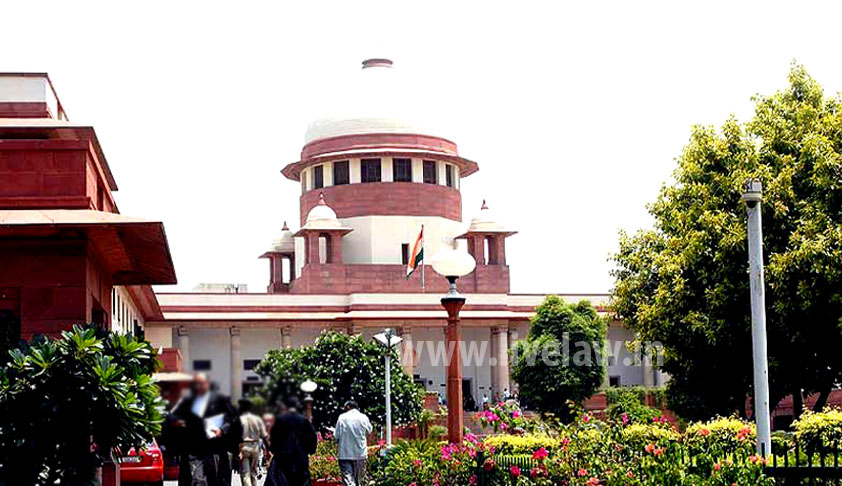Concealing pending criminal cases is a ground for setting aside election of representatives: SC
Apoorva Mandhani
5 Feb 2015 10:38 PM IST

Next Story
5 Feb 2015 10:38 PM IST
A Supreme Court Bench headed by Justice Dipak Misra has ruled that if any elected representative conceals information regarding pending criminal cases, his election can be set aside.The Bench observed, "Non-disclosure of criminal antecedents amounts to corrupt practice by the candidates. The crucial recognized ideal which is required to be realized is eradication of criminalization of...
